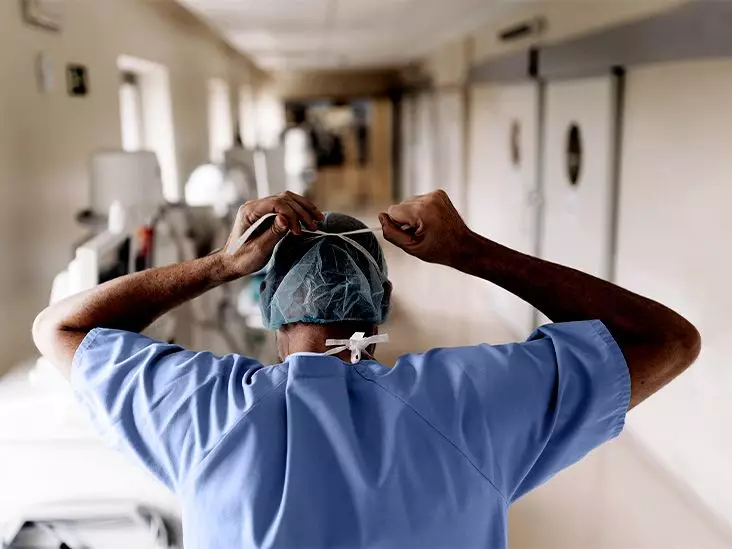Before undergoing an orchiectomy, it is crucial for individuals to discuss important aspects such as sperm banking and testicular prosthesis with their doctor. Additionally, preparation for the surgery includes giving informed consent, undergoing necessary medical tests, stopping certain habits like tobacco use and alcohol consumption, losing weight if needed, and following specific dietary instructions. It is important for individuals to be mentally prepared for the procedure and to have a clear understanding of what to expect before, during, and after the surgery.
During and After Surgery
During the orchiectomy procedure, individuals will receive general anesthesia to ensure they are asleep and pain-free. After the surgery, they may experience side effects such as nausea, chills, and vomiting, along with pain and discomfort at the surgical site. It is essential for doctors to closely monitor their recovery, including vital functions like breathing and heart rate. Individuals may also have drainage tubes in place to remove excess fluid, which will be removed by healthcare professionals as needed.
Recovery and Post-Operative Care
Recovery from an orchiectomy may involve experiencing some level of pain, for which pain medication will be prescribed. Applying ice packs to the groin or scrotum and following wound care instructions provided by healthcare providers are essential for a smooth recovery process. While regular movement is encouraged to promote healing, individuals should avoid heavy lifting and strenuous activities for a specified period. Depending on the type of surgery performed, recovery may take longer, and individuals may need to adjust their daily activities accordingly.
Surgery for testicular cancer, such as orchiectomy and retroperitoneal lymph node dissection (RPLND), may have implications on various aspects of an individual’s life. While the loss of one testicle may not significantly impact sexual function or fertility, the removal of both testicles may require testosterone replacement therapy. Mental health considerations, physical changes, and adjustments to sexual function are aspects that individuals may need to navigate post-surgery. Support groups and mental health resources can provide valuable assistance during this transitional phase.
Like any surgical procedure, orchiectomy for testicular cancer treatment carries potential risks such as excessive bleeding, infections, and anesthesia reactions. It is essential for individuals to be aware of these risks and seek immediate medical attention if any complications arise. Regular follow-up appointments and self-examinations are recommended to monitor any changes and detect potential issues promptly. The high survival rate for testicular cancer provides hope and reassurance that individuals can lead a fulfilling life after treatment.
The cost of an orchiectomy procedure can vary based on factors like insurance coverage and healthcare providers. It is advisable for individuals to consult with hospital billing departments and insurance providers to understand the financial implications of the surgery. Planning ahead and exploring available resources can help individuals navigate the financial aspect of cancer treatment and focus on their recovery journey.
Undergoing an orchiectomy as part of testicular cancer treatment is a significant step towards healing and recovery. By being well-informed, prepared, and proactive in post-operative care, individuals can optimize their recovery process and transition back to a fulfilling life. The support of healthcare professionals, support groups, and loved ones can make a difference in the overall well-being and success of the treatment journey.


Leave a Reply